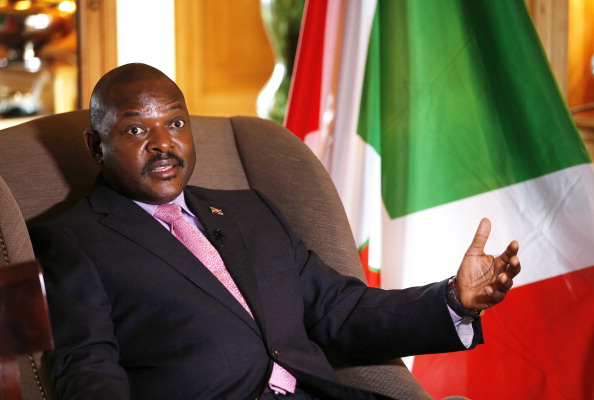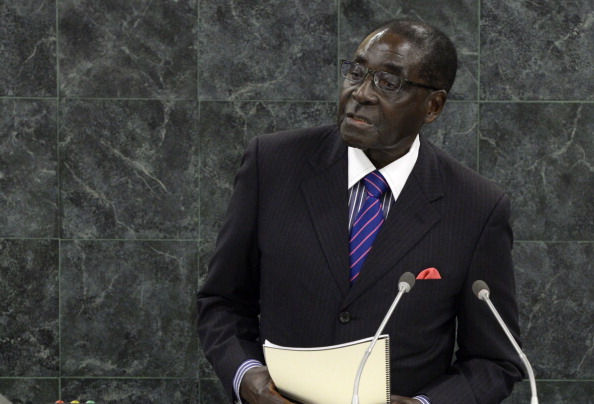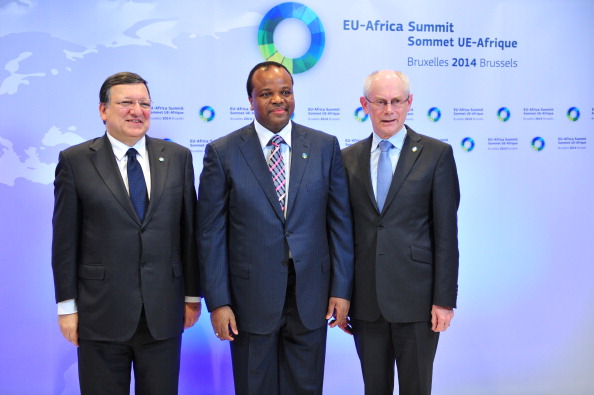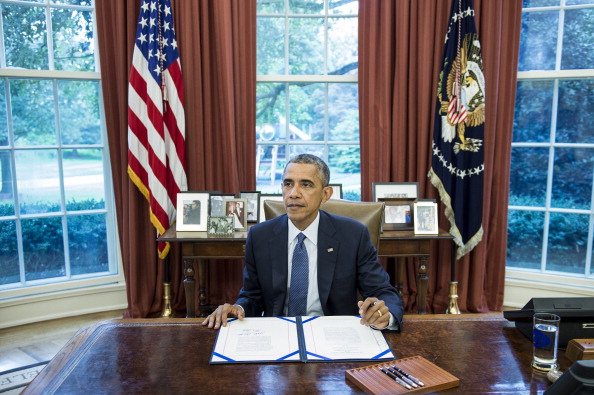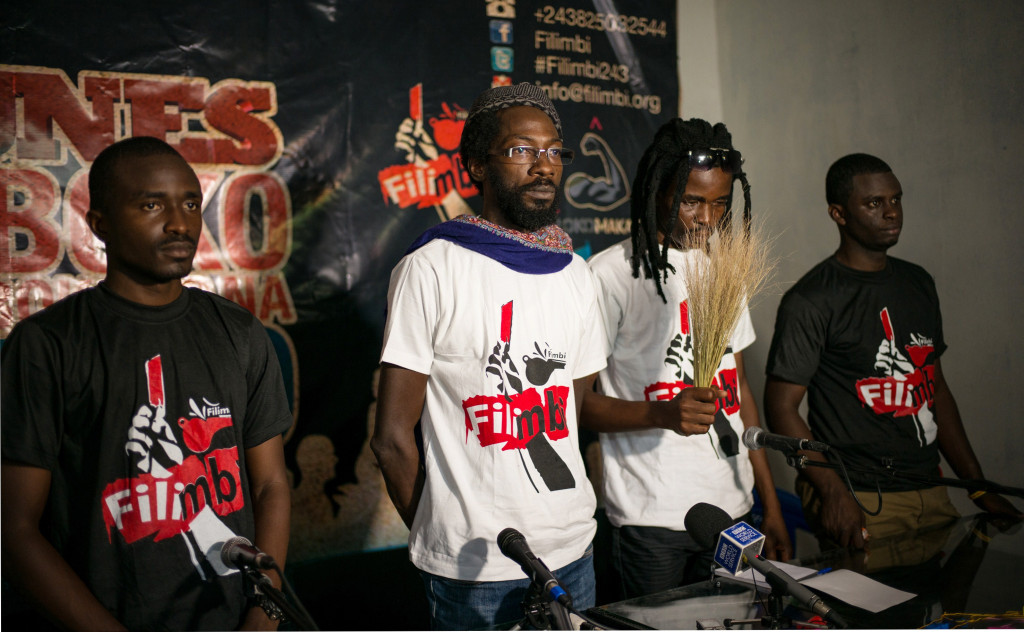
Fadel Barro, one of the leaders of Y’en a Marre (We’re Fed Up) movement and Oscibi Johann, one of the leaders of Burkina Faso’s Balai Citoyen (Citizens Broom) appear at a press conference in the Democratic Republic of Congp. Youth activists were detained following this event on March 15, 2015. (Photo: FEDERICO SCOPPA/AFP/Getty Images)
We are not plotters or terrorists, we are a new generation of committed young Africans.
We who hold the destiny of the continent in our hands must not be deprived of our freedom.
We are a new civic movement that has just emerged in Africa. We will not be intimidated by long detentions, harassment and repression.
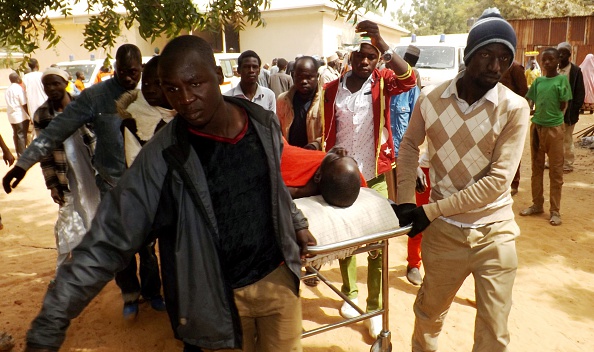

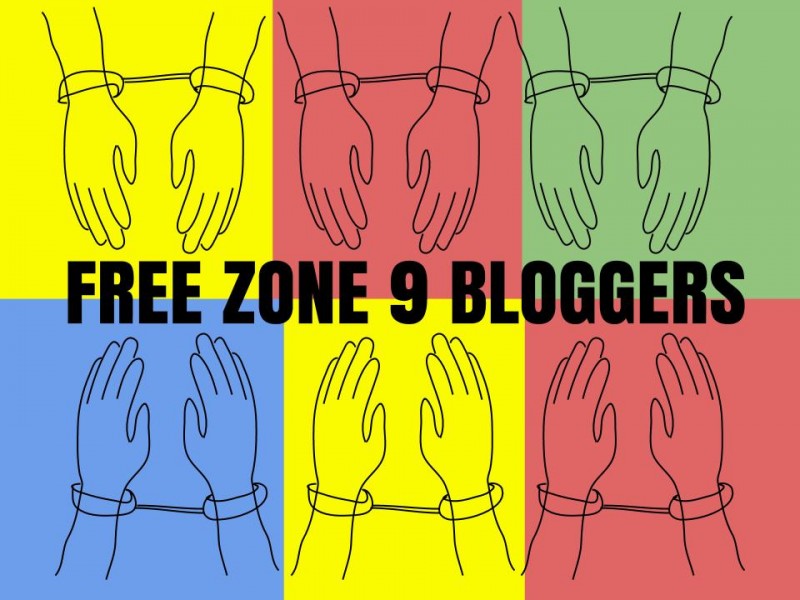
![James Foley once said he reported from the Middle East because, "We're not close enough to it. And if reporters, if we don't try to get really close to what these guys - men, women, American [soldiers] ... are experiencing, we don't understand the world" (Photo Credit: Jonathan Wiggs/The Boston Globe via Getty Images).](https://blog.amnestyusa.org/wp-content/uploads/2014/08/453861316.jpg)

